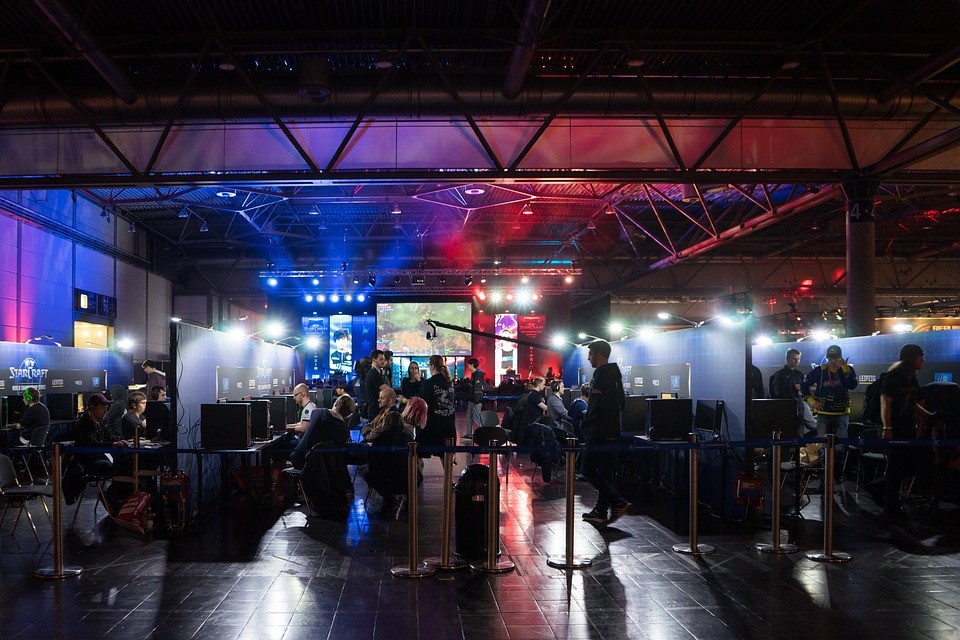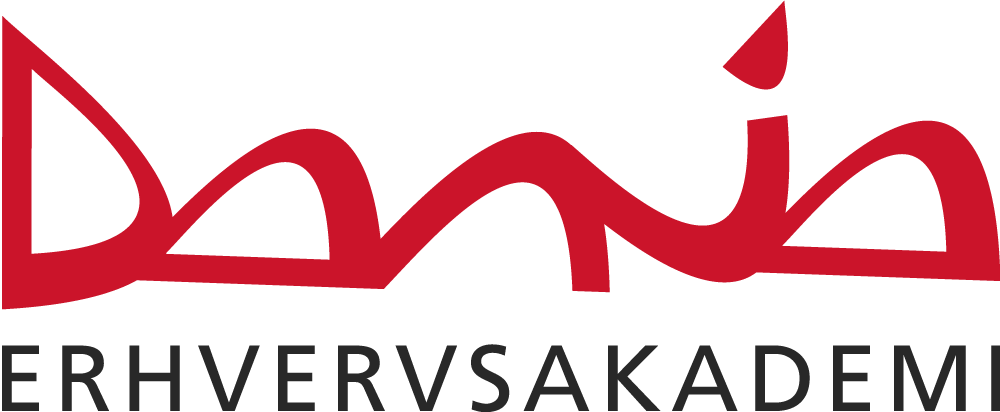
Sustainable esport events as a branding tool
Sustainable esport events as a branding tool – EA Viden.dk.
By and large, the prevailing amount of peer-reviewed literature on esports and the hospitality sector is scarce. The most of the research conducted within this field has a predominantly technical focus. The prevailing literature on esport and hospitality can roughly be divided into three overall themes. 1) focus on the spectator, 2) the nature of esport vs “real” sport and finally 3) esport in a tourism setting.
Exploring for Sustainable esport events
The one topic which has gained most attention, is research exploring the experience of the spectator. Here researchers have explored the effects of Flow theory on the spectators (J. Kim & Kim, 2020). They found that several issues affect the Flow experience of the spectator. Whilst others have focused on the ever increasing opportunities that technology presents in order to make the spectator experience more interactive (Stahlke et al., 2018). In alignment with the interactive technological focus that (Stahlke et al., 2018) has proposed, (Sturm, 2020). It seeks to investigate the possibilities that arise in further immersing the spectator to a degree. Then they will become an active part of the event.
Motivational aspect of watching esport events
Finally (Qian et al., 2020) focused on the motivational aspect of watching esport events and concluded. That there are several motives that signify high or low attendance motivation. Collectively, the research on spectator experience has tried to enhance the understanding of the primary “customer” of esport events. Then tried to understand both the current and future experience of the spectator.
Esport events considered as a “real” sport
The second overall theme is the ongoing discussion on whether esport can be considered as a “real” sport. (Funk et al., 2018) examined this by setting certain criteria by which to compare “real” sports with esport. Their conclusion is that if esport meets the defined criteria. It must be considered as a sport alongside the traditional types of sport. The same researchers (Pizzo et al., 2018) subsequently analyzed the same topic in South Korea. They concluded once again, that esport and “real” sport are very similar. Since they are consumed in a similar sense by the spectators. Using the same method as (Pizzo et al., 2018), (Hallmann & Giel, 2018) also tried to compare “real” sport with esport using fixed criteria, however reaching a different conclusion. The absence of a physical element in esport led them to the conclusion. That it is not comparable to “normal” sports activities.
The last and least researched theme is esports in a tourism perspective. (Dilek, 2019) establishes that
esports events can be considered as special events tourism and can be a primary motivator for thousands of people to travel, creating a new marketing landscape within the tourism paradigm.
Furthermore, (Y. H. Kim et al., 2020) found that the economic impact by esports is significant for a destination and that government strategic plans and investment should be considered for strategic development of esports. Esport events attract tourists and thereby generate job opportunities, investments in specific destinations, positively impact economic development, and improve the brand value of host cities (Y. H. Kim et al., 2020).
It should be noted that none of the literature concerning esport and hospitality had a focus on sustainability or City Branding.
Sustainable esport events as a branding tool
Based on the literature review we find a substantial lack of research into esports and hospitality – especially when it comes to esports as a new special interest tourism for cities and destinations to consider in terms of tourism growth and city branding.
For centuries sports events have been a major motivator for spectators to travel near and far to experience athletes competing against each other in various sports. Esports events – in many aspects comparable to “real” sports – have the same potential as a tourism motivator. This is a potential new market for tourism destinations to explore and utilize for attracting tourists and for destination or city branding.
Denmark as an esport nation
The focus of the research project will be to look into this in a Danish context. Specifically, the municipality of Randers and surroundings. Denmark, being a country with several advantages when it comes to hosting esports events (IT-infrastructure, venues, knowledge, professional esports teams, etc.). Denmark could put itself on the map as an esports nation and thereby attract tourists. This is already on the political agenda. In 2019 the Danish government established a pool of 10 million Danish kroner to strengthen Denmark’s position as a leading esports nation (Erhvervsstyrelsen, 2019) and the Danish Ministry of Culture has established a panel to come with recommendations for how to expand esports in Denmark (Kulturministeriet, 2019).
The role of sustainability and esport in this project
Before writing this application, we conducted an online feedback session with representatives from the public and private business sector. The participants included directors of Danish DMO’s, researchers from other Business academies, actors from the private tourism sector, and finally representatives from public organizations and municipalities. In their opinion, the connection between esport as a new special interest tourism trend, and destination marketing/city branding, was interesting and relevant, as this topic had not gained any focus in a Danish context.
Energy consumption incurred during the events
Several of the participants stressed however, that the topic of sustainability needed to be addressed. As esport is inherently not sustainable (in many ways the opposite) due to vast energy consumption incurred during the events. This would pose a serious threat to the purpose of using esport as a city branding tool. If this project was to have any success, the element of sustainability, and especially integrating specific technical solutions. It has to be integrated in the esport events in order to make it as sustainable as possible, was a crucial success factor.
Read another project about esport.



